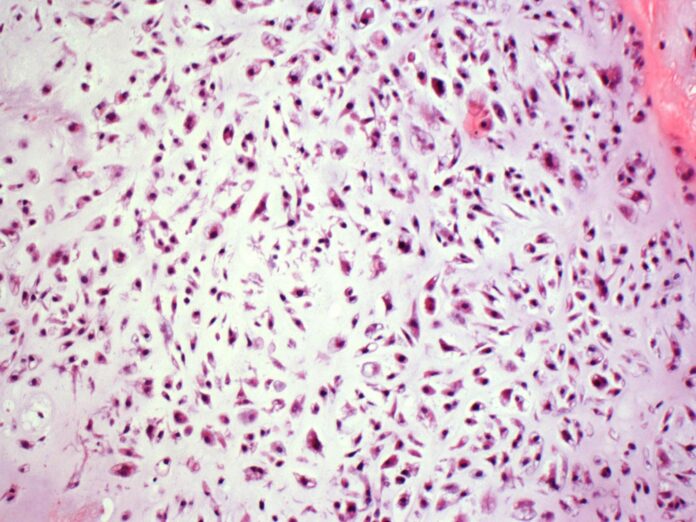
Chondrosarcoma is a type of cancer that develops in the cartilage cells. It is a rare form of cancer, accounting for approximately 20% of all bone cancer cases. Chondrosarcoma most commonly affects adults between the ages of 40 and 70, although it can occur at any age. The symptoms of chondrosarcoma can vary depending on the location and size of the tumor. Early detection and treatment are crucial for improving outcomes for patients with chondrosarcoma.
In this article, we will discuss the symptoms of chondrosarcoma, as well as the importance of seeking medical attention if you experience any of these symptoms. It is essential to be aware of the signs of chondrosarcoma so that you can seek prompt medical evaluation and treatment if necessary.
1. Bone Pain
One of the most common symptoms of chondrosarcoma is persistent bone pain. The pain may initially be mild and intermittent but can progress to become more severe and constant as the tumor grows. The pain is often localized to the affected bone and may worsen at night or with physical activity. If you experience unexplained bone pain that does not improve with rest or over-the-counter pain medications, it is important to see a doctor for further evaluation.
2. Swelling or Lump
In some cases, chondrosarcoma can cause noticeable swelling or the development of a lump near the site of the tumor. The swelling may be accompanied by tenderness or warmth in the affected area. It is important to be vigilant about any unexplained swelling or lumps, particularly in the bones, and to seek medical attention if these symptoms arise.
3. Decreased Range of Motion
If a chondrosarcoma develops near a joint, it can lead to a decreased range of motion in that joint. This can manifest as difficulty bending, straightening, or fully using the affected limb. If you notice a sudden onset of decreased mobility in a joint without any obvious cause, it is important to consult a healthcare professional for an assessment.
4. Weakness or Numbness
In some cases, chondrosarcoma can compress nearby nerves, leading to weakness or numbness in the affected area. This can affect the function of the muscles and may result in a loss of sensation. If you experience unexplained weakness or numbness, particularly in association with other symptoms such as pain or swelling, it is important to seek medical evaluation promptly.
5. Fatigue
As with many types of cancer, chondrosarcoma can cause fatigue and a general feeling of illness. This may be due to the body’s immune response to the cancer or the effects of the tumor on overall health and well-being. If you experience persistent fatigue that does not improve with rest, it is important to discuss this symptom with a healthcare provider.
6. Unexplained Weight Loss
Sudden and unexplained weight loss can be a concerning symptom that may indicate an underlying health issue, including cancer. If you experience a significant and unexplained drop in weight without changes to your diet or exercise routine, it is important to consult a doctor for further evaluation.
7. Fractures or Bone Breaks
In some cases, chondrosarcoma can weaken the affected bone, making it more susceptible to fractures or breaks. If you experience an unexplained fracture or break, particularly in a bone that is not typically prone to injury, it is important to discuss this with a healthcare professional to rule out any underlying causes.
8. Difficulty Breathing
If chondrosarcoma develops in the chest or near the ribs, it can lead to difficulty breathing or shortness of breath. This may be due to the pressure of the tumor on the lungs or surrounding tissues. If you experience sudden or unexplained difficulty breathing, it is important to seek medical attention immediately.
9. Change in Bowel or Bladder Habits
If a chondrosarcoma develops in the pelvis or spine, it may exert pressure on nearby organs, leading to changes in bowel or bladder habits. This can manifest as constipation, difficulty urinating, or incontinence. If you experience any significant changes in bowel or bladder function, it is important to discuss these symptoms with a doctor.
10. Night Sweats
Chondrosarcoma, like many cancers, can cause night sweats that are unrelated to the temperature of the sleeping environment. If you experience frequent or severe night sweats, particularly in association with other symptoms, it is important to consult a healthcare professional for an evaluation.

















